Effin brilliant.
Everything is ok
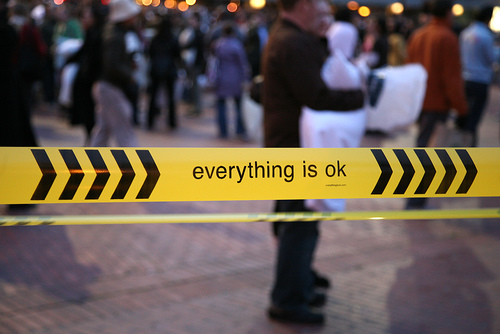

Effin brilliant.
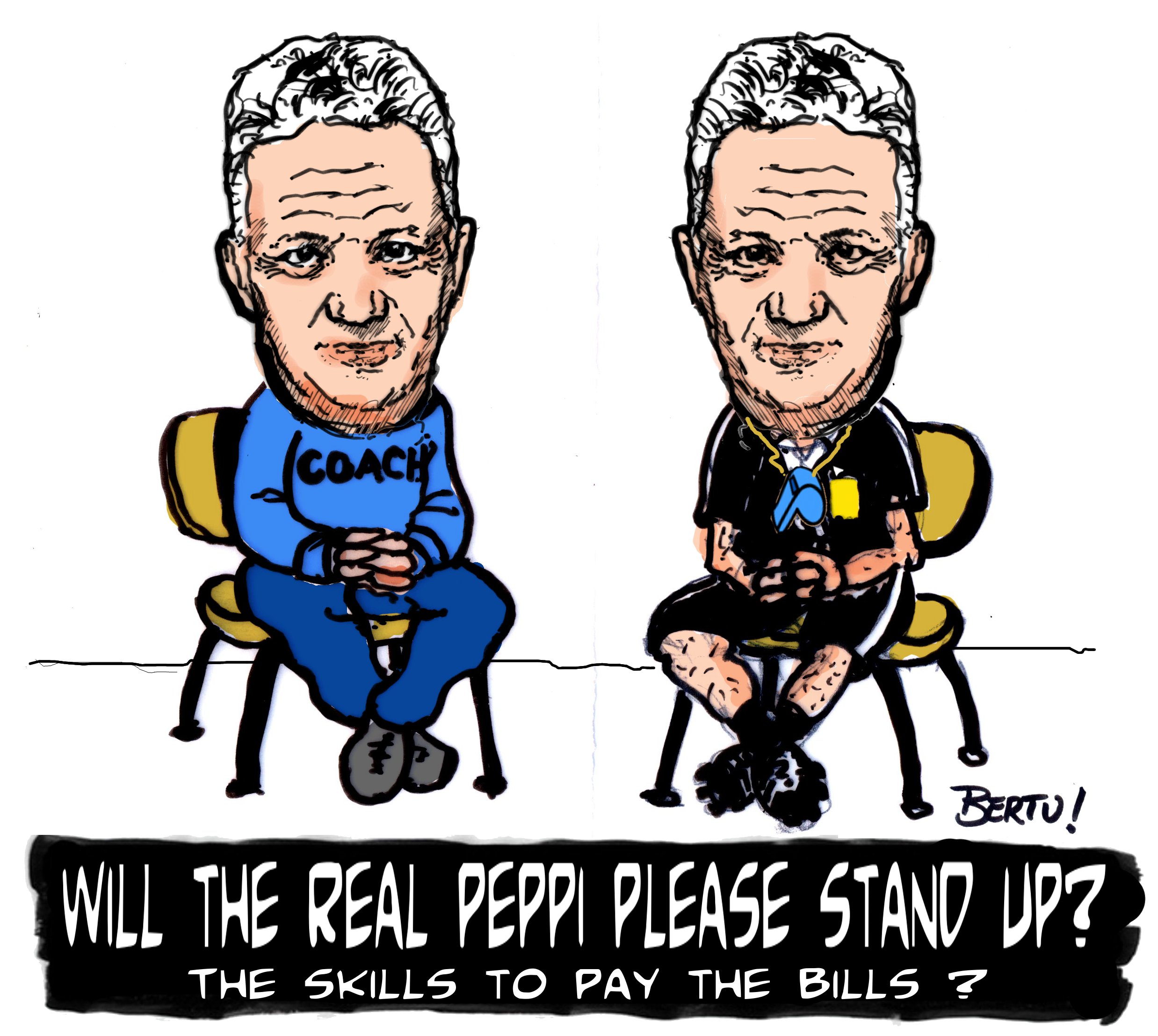
This missive comes to you from the fair city of Frankfurt. I’m here with a troop of Maltese expats to visit the International Book Fair that is being held over the weekend. Last night was mostly dedicated to savouring local foods. In this case “local” meant a variety of pieces of meat served boiled on a bed of sauerkraut. It’s no surprise that this country is never short of money.
Nothing, and I mean nothing, is wasted − even when it comes down to eating bits of animal.
We ordered a mixed plate of Frankfurt specialities that is supposed to be washed down with Apfelwein. The mixed platter came after our mandatory goulash as a first course and turned out to be an assortment of boiled meats and sausages ranging from some poor cow’s tongue to the liver and blood sausages that hang on to the plate like a sad afterthought.
Thrift, I was saying, is redefined here and the only time the cook seems to have loosened his hand is with the fat used to pan fry the oven potatoes that accompany the festival of arteriosclerotic ecstasy. Never was a hungry crew’s appetite dampened so quickly − our eagerness to sample the local fayre vanished instantly and we vowed to try more familiar fields for tomorrow’s meals − back to the more familiar grilled, barbecued or roast.
The Publishing Industry
I learnt this week that the European Publishing Industry is “the world leader in its field, employing 135,000 people and contributing €23 billion to EU GDP.” (Education & Culture Commissioner Vassiliou). That’s quite a large sum of money. Living in Luxembourg we can easily witness the flourishing French publishing world and the same can be said of the UK, German and Italian world of books. I’m looking forward to tomorrow’s (Saturday) visit to the halls of Frankfurt’s Messe to be able to see first hand what is buzzing right now in the field of publication.
We are lucky to have obtained the services of an elite guide for the fair. We’re due to meet Malta’s latest international laureate − Immanuel Mifsud, fresh winner of the 2011 European Prize of Literature. Immanuel joins a list of unsung Maltese heroes who have broken new barriers outside the country. He’s also a former blogger with his “Il-Blobb tas-Sibt filghaxija” that was one of several literature related blogs that existed for a while on the Maltese blogging scene.
The Zenger Affair
One of the books I am currently reading (yes, I do have that habit of starting many books at the same time) is “New York” by Edward Rutherford. It’s a novel that follows the fate of different families in New York through the ages. Last night I read about the incredible case of John Peter Zenger − the printer of German origin who found himself in the middle of a landmark libel case in 1733. It’s important to note that at the time libel − or seditious libel − was a very grave crime since it normally was instituted by a person of authority who felt that his person had been smeared or libelled by someone else.
In essence, libel was a convenient tool used to quell criticism. Here was a libel case under a Common Law inspired libel law being tried in colonial America. Having published a series of articles criticising the Governor of New York, Zenger was to be tried by jury and what happened on the day of the case changed the course of libel law and its application. Until the Zenger case, “truth” was no defence in the case of libel. Whether or not the facts alleged to be libellous were true was irrelevant. Essentially, once it was proved that a particular bit of news was libellous, proving that such news was factually correct would not change the verdict. Until the Zenger case that is.
Alexander Hamilton, speaking in defence of Zenger, convinced the jury that accepting this kind of criterion would mean leaving a strong instrument of censorship and control in the hands of authority. Allowing the defence of truth would allow such institutions, like the free press, to perform their function within the system of checks and balances in our society. Hamilton’s role in the case also led to a new saying “if you want a good lawyer, go to Philadelphia” (Hamilton was a Philly man).
Press on
I am a strong believer in the role of the press, of books and of ideas in the functioning of a proper democracy. As John Milton wrote in his Areopagitica − “He who destroys a good book, kills reason itself”. There’s much truth in that. A nation, even a small nation such as ours needs to recognise the value of authors recounting different narratives and ideas. Authors provide opportunities for reflection; they may provoke and challenge or they may charm with vignettes and pictures of our society. In any case, the worst we could do is to censor the truths they tell about ourselves.
The press too needs to recognise the dignified importance of its role. It needs to shed the baggage of politically manipulative impostors who have burdened and sullied its image. Local political talk seems to focus on futile accusations related to partiality and the elusive mantra of absolute impartiality. Journalism does not need eunuchs or hypocritical gurus and coaches posing as the voice of objective impartiality. It needs clear ethics, clear ideas and above all the accountability that allows it to shout “publish and be damned”. Give me a journalist with a declared bias any day rather than the sanitised pantomimes that have neutered our thinking with the extended sagas of Broadcasting Authority illusions of par conditio (equal treatment).
That’s all from the city of books. It’s 1 o’clock on Saturday morning so I can only wish you, as one of the greatest journalists would wish his listeners, “good night, and good luck”.
www.akkuza.com and www.re-vu.org will feature reports from the Frankfurt Book Fair
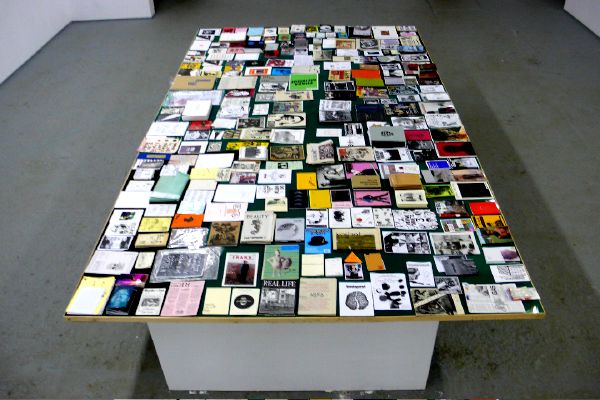
Here’s a snippet from tomorrow’s J’Accuse column on the Malta Independent on Sunday.
I am a strong believer in the role of the press, of books and of ideas in the functioning of a proper democracy. As John Milton wrote in his Aeropagitica “He who destroys a good book, kills reason itself”.There’s much truth in that. A nation, even a small nation such as ours needs to recognise the value of authors providing different narratives and ideas. Authors provide opportunities for reflection, they may provoke and challenge or they may charm with vignettes and pictures of our society. In any case the worst we could do is censor the truths they tell about ourselves.
The press too needs to recognise the dignified importance of its role. It needs to shed the baggage of politically manipulative impostors who have burdened and sullied its image. Local political talk seems to focus on futile accusations related to partiality and the elusive mantra of absolute impartiality. Journalism does not need eunuchs or hypocritical gurus and coaches posing as the voice of objective impartiality. It needs clear ethics, clear ideas and above all the accountability that allows it to shout “publish and be damned”. Give me a journalist with a declared bias any day rather than the sanitised pantomimes that have neutered our thinking with the extended sagas of Broadcasting Authority illusions of par conditio.
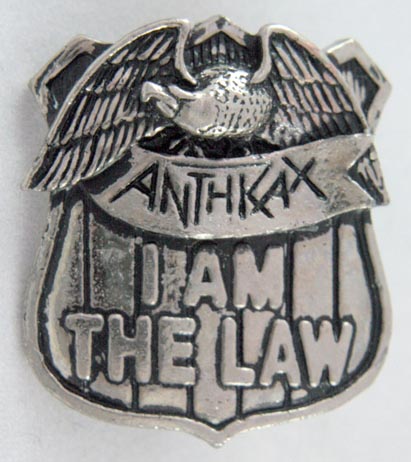
Here’s the full text of a law report from the Times of Malta. I am not leaving anything out or selecting only parts of it so that you too can read it in its entirety (look no editing).
[box type=”shadow”]
Thursday, October 13, 2011, 14:27
Lawyer wants Arbitration Tribunal decision to be declared null
A lawyer representing a man who was involved in a traffic accident this morning called on a court to declare null a decision on the case taken by the Arbitration Centre.
Dr Jose’ Herrera said he was making his request after the Constitutional Court in September declared that forced arbitration, as was the case here, violated the right to a fair hearing.
Dr Herrera is representing Victor Micallef, who was found to have been 50% responsible for a car accident in 2006 and ordered to pay some €3,000. The decision was taken by the Arbitration Tribunal.[/box]
Can someone explain to me why in this country it is lawyers not plaintiffs who make requests to a court? It’s already bad enough when the report starts off with the anonymous “a lawyer” because technically speaking it’s not “a lawyer” but “the plaintiff” who is requesting the court to annul the Arbitration Tribunal decision. Sure, it’s a lawyer who has gone through the legal motions but it will always be the plaintiff’s request – the plaintiff as represented by a lawyer (taken as read).
Most of you will have read of the Premier League case that was decided by the august institution that I work for. Now, how many of you remember the names of the lawyers for the parties who were involved in the referred case? Name one. Just one. I dare you.
Admit it. You probably don’t even remember the name of the publican who was the “star” of the show. Well, we all know it was a lady and that she owned a pub. Fact is that the headlines in most of the papers the next day were not Lawyer So and So wins case before the Court of Justice of the European Union. Most headlines featured “Pub Lady”.
So back to Malta. Not only do we wrongly highlight the lawyer and not the party. It gets better. “The lawyer” is “outed” (surprise, surprise) as Dr Herrera – a potential justice minister in a future Labour government – and “his” case is actually challenging the constitution of a particular tribunal under our laws because its set up might violate the right to a fair hearing.
Somehow I get the feeling that the hacks at the Times received a convenient summary of the case and threw it straight into their Court section. How they do not feel “manipulated” in a Matt Bonanno sort of way just because the “feed” comes straight from a politician is uncanny. How they participate in this blurring of lines between lawyer-client relationship and political advertising without any qualms is unnerving.
People like Franco Debono would do well to have a word or two with the likes of Dr Herrera when it comes to “advertising” particular cases. This kind of “publication” tends to undermine further the faith we have in all four institutions – government, judiciary, parliament and the fourth estate. It does so much faster than an unaccountable Minister or a biased news programme.
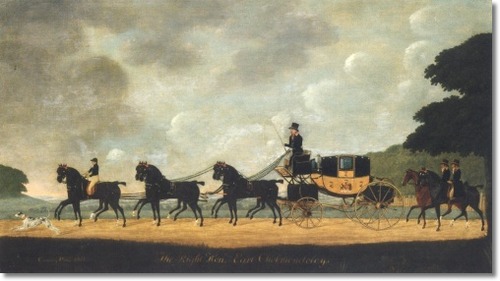
Much is being made about Peppi Azzopardi’s side-career as a “coach” to prominent persons in the political sphere. Such persons tend to be, or have been, of a nationalist persuasion although I have it on good record that Peppi has also given non-nationalists the benefits of whatever expertise he has – admittedly within campaigns that were also dear to the nationalist party’s heart.
To begin with, there is nothing surprising that one of the main horses from the “Where’s Everybody” stable should engage in spinoff marketing designed to get people to get their message through to your average citizen. WE’s monopoly of national airwave prime time has put them in a position to be able – even by trial and error – to discover what sells best with Mr. Francis the People (Cikku l-poplu). In the land of the blind the one-eyed man sometimes develops an acute sense of vision that might surprise even himself.
Labour’s noise about Peppi’s supposed impartiality and that of the other equine from the same stable – the one who tends to bray rather than neigh – is rather misplaced. It has been said elsewhere that impartiality is not the be all and end all of discussion program or investigative journalism. It is the feigning of impartiality that is another matter altogether. To actually convince yourself that you are in the business of balanced reporting or discussion when it is clear to all and sundry how mechanised a pantomime your programmes are is to persist in a constant lie. J’accuse never had any beef with the lack of impartiality but rather with the obstinate denial thereof.
What jars most in the case of Peppi, Lou and others who have previously backed the line of one Jeffrey Pullicino Orlando is their defence of “I believed him then”. But then what? They saw his face and inverted the musical trend?
You see the Peppi defence of “I helped a persecuted individual” does not hold water in the field of marketing – you are employed to sell ANYTHING and do not question the underlying message. Peppi was either turning up at the nationalist party headquarters to coach a politician on how to appear more convincing – whatever the message – or he was there in his full mental capacity and judging the content too: and it was not THAT difficult to see that JPO was floundering fast even under the duress and stress of the time.
Nor does someone like Daphne convince me with the bull about how JPO was very convincing before the election and how now he is suddenly a liar, a hamallu or whatever else the spin machine chooses to throw at this jack of all trades turned politician. The nationalist party was falling over itself trying to get the man out of the muddle he had brought upon himself. We had pointed out the absurdity of the issuing of a press card to a politician at the time and we were told that we were “immature” and that we were picking the wrong man.
The damascene turnaround has nothing to do with policy or values but with convenience. Peppi and Daphne sound very much like a Joseph Muscat who needed four years of European Parliament action before he saw the EU light shining through the yellow stars on a blue background. And the funny thing is that it does not answer the basic question: whether you believed him or whether you were being paid on a retainer Peppi, you were in PN HQ doing PN work for a PN politician.
Saying that it’s because you believed him then is like saying you put the joint to your mouth… but never inhaled.
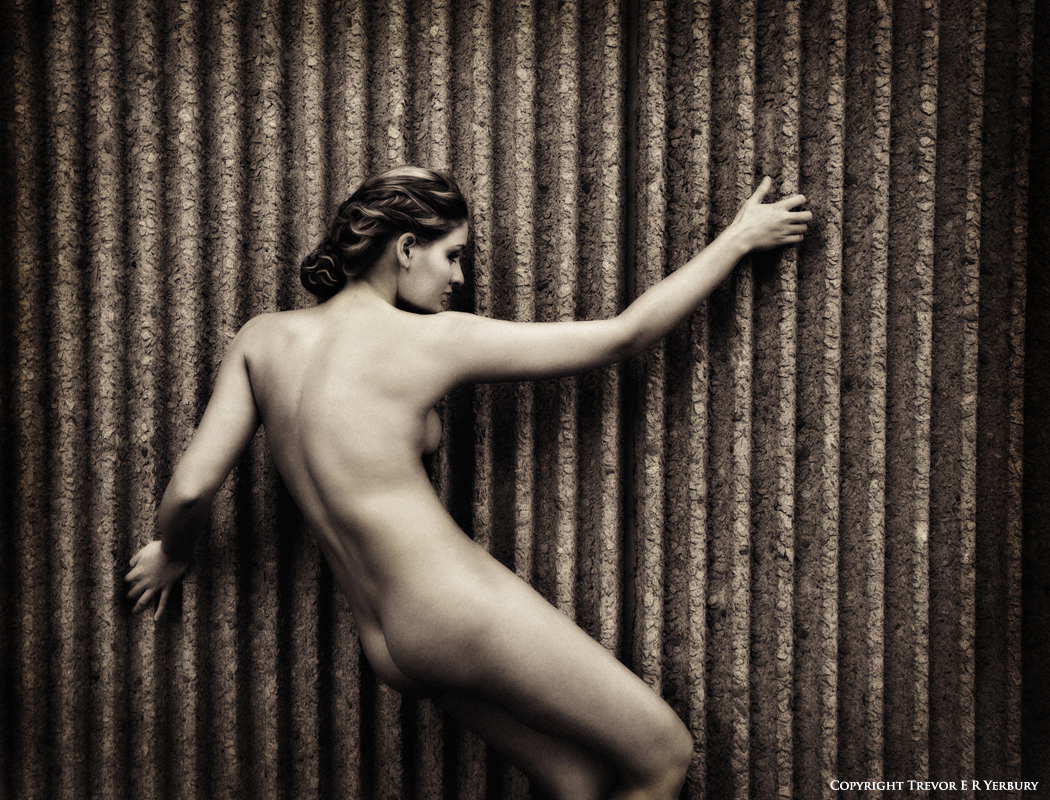
Bertu of Bertoons for J’accuse has sent in a promo blurb for this exhibition that is runnning at Rupert Cefai’s Gallery Pi between the 14th and 24th October. J’accuse dutifully passes on the information to its readers – do go check out Rupert’s little corner of Valletta in Archbishop Street.
Like Madonna, the Yerbury duo constantly reinvent themselves with fresh approaches to their art – and challenging diversions within the social portraiture genus.
As the 4th generation of this celebrated Scottish photographic dynasty, Trevor spent many years concentrating on fashion and private nude commissions. He returned to social and wedding photography in the mid 90s and immediately created a unique style of photography, which not only earned him the title of “Kodak UK Wedding Photographer of the Year” in 1997 & 1999, but his influential style helped change the course of wedding photography into the relaxed, informal style we have today.
No stranger to the media, Trevor has been interviewed about his individual style of photography on national television by Noel Edmonds for the BBC, Carol Smillie for ITV and Paul Ross for SKY. He is a regular contributor to BBC radio arts programmes.
Trevor was featured on the BBC Arts documentary “The Bigger Picture” where he was filmed making a portrait of Billy Connolly. The resulting image was used as the opening scene for each episode and has since become an iconic image.
Their work in photographing the female nude has been recognised internationally, resulting in overseas exhibitions and seminar tours. In 2003,the Yerburys’ talent was commissioned to supply the entire artwork for the new Glasshouse Hotel in Edinburgh – a brave concept, but one that resulted in the hotel recently being voted Sexiest Hotel in Scotland.
The Yerburys have held several exhibition of their work in galleries around the UK including the Association of Photographers Gallery in London and the Demarco Gallery in Edinburgh. Their work has also been exhibited in America, France and Spain. Their work has been featured in many books and photographic magazines on the Nude Trevor holds a total of 14 Kodak European Gold Awards. His other awards include SWPP UK Glamour Photographer 2006 and UK Fashion Photographer 2006.
Four years ago Trevor Yerbury was voted one of the world’s top ten photographers by a leading Spanish magazine…despite having once declared: “I won’t shoot the wedding if the bride isn’t beautiful”.
Faye joined Trevor full time in 1996 and has earned an enviable reputation for her work. On 3 occasions she has won the title of “Kodak UK Child Photographer of the Year”. She also holds a Kodak Gold Award and SWPP UK Architectural Photographer 2006.
The Yerburys now devote much of their time to their seminar and workshop programme, convinced that education is essential for today’s professional photographer. They are committed to providing a platform and an environment in which all levels of photographers can come together and develop their own individual creative talents.
Trevor and Faye have judged both nationally and internationally. Trevor has just finished judging the annual European Professional Photographer of the Year Awards 2011.
The exhibition will run exclusively at Gallery Pi Archbishop Str., Valletta, from the 14th to the 24th October 2011, The Gallery will be open from Tuesday to Friday from 10am to 2pm and Saturdays from 9:30 to 12:30 or by appointment. For more information please visit www.gallerypi.com